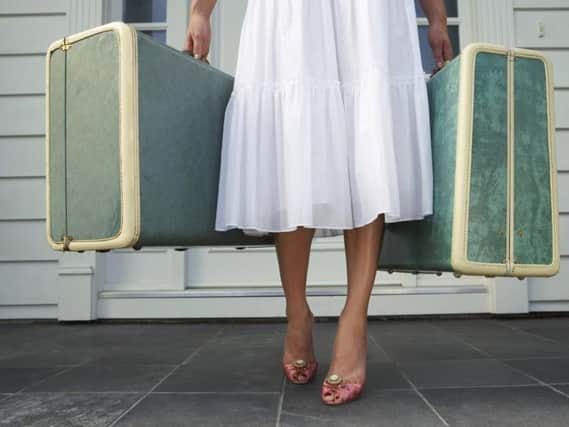Booking sites under fire for plugging more expensive deals in return for revenue


An analysis of 100 hotel listings across price comparison sites Trivago and Kayak found that the most prominently displayed deals – those shown in the biggest font and isolated from the others – could often be found cheaper elsewhere.
MoneySavingExpert.com (MSE) discovered that the booking site shown most prominently for each hotel quoted a price that was on average 3.2 per cent more expensive than the cheapest. In one case, a hotel deal being shown in the top position was over 20 per cent more expensive than the best available.
Advertisement
Hide AdAdvertisement
Hide AdWith Trivago, the most prominently displayed deal was not the cheapest on 30 out of the 50 hotels it looked at, while on Kayak, it wasn’t the cheapest in 23 out of the 50. MSE also checked Skyscanner and TravelSupermarket but did not spot the same issues.
Trivago admitted that the decision to highlight a certain deal was partly based on the “compensation” received if a customer clicks on the deal, while Kayak's website admits that it factors in "revenue potential" from a customer selecting an individual deal.
Guy Anker, deputy editor of MoneySavingExpert.com, said: “Comparison sites such as Kayak and Trivago are a good place to find cheap hotel prices but our investigation shows you need to be on your guard and double-check everything or you could inadvertently overpay.
“Whatever their excuses I’m sure these sites know exactly what they’re doing by highlighting pricier deals to boost their coffers as they’ll know people often click on the most prominent link.
But if you spend only a few seconds more checking the detail it could be worth its weight in cash.”
MSE searched for a range of stay lengths – one to seven days – and for a range of travelling parties – from a single person to a family of four – but used the default ordering setting on the hotels each time. Overall, the biggest discrepancy on Trivago was 20.6 per cent, while on Kayak it was 11.8 per cent.
A spokeswoman from Trivago said: “The “our recommendations” feature is based on a dynamic algorithm that shows you a range of attractive and relevant offers we think you’re going to love. Our algorithm takes into account a number of relevant factors, such as your search criteria (for example your location and stay dates), the offer’s price, and its general attractiveness – for example, the experience we think you’ll likely have on the displayed booking site. We also take into account the compensation booking sites provide us with when a user clicks on an offer.”
Kayak did not respond to a request for comment, however its website states that “recommended” deals are decided “based on a few key factors”.
Advertisement
Hide AdAdvertisement
Hide AdIt says: “Hotels shown on KAYAK are often available to book on several provider sites, each of which will pay for clicks or bookings that they get via KAYAK. We also factor this average revenue potential of each hotel into our recommendations.”